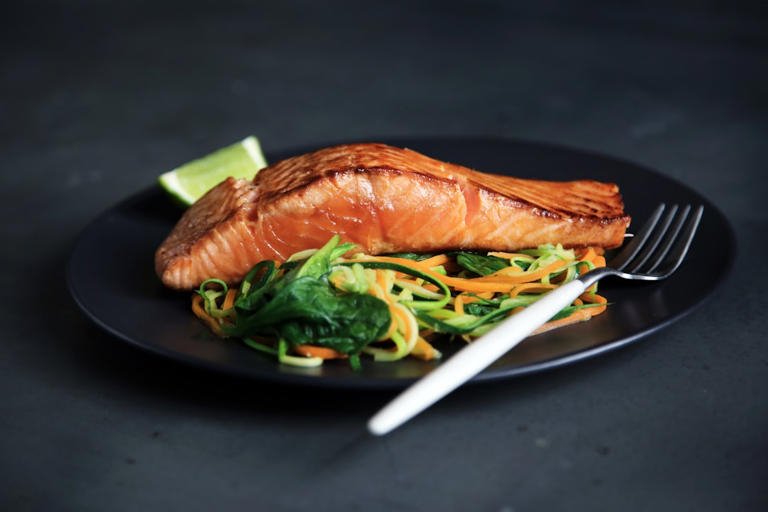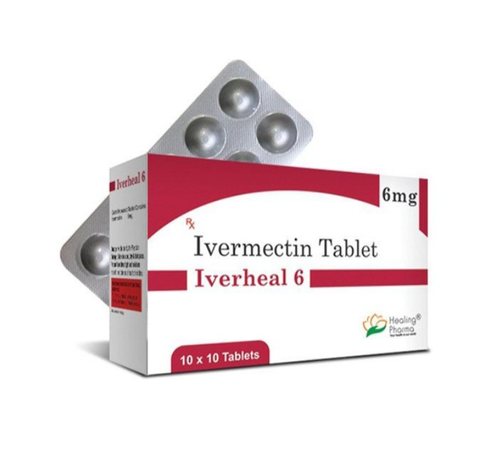8 Essential Brain Foods: A Nutritionist's Daily Guide

In the quest for peak mental performance, we often turn to apps, puzzles, and lifestyle hacks. Yet, one of the most powerful tools for enhancing cognitive function is consistently overlooked: our diet. The brain, a mere 2% of our body weight, consumes over 20% of our daily calories and nutrients. What we eat directly influences memory, focus, mood, and long-term brain resilience.
As a nutritionist, the philosophy is not about restrictive "superfood" fads but about strategic, consistent nourishment. Here is your daily guide to eight essential brain foods that can help you think more clearly and protect your cognitive health for years to come.
How to Integrate These Foods
The goal is not to eat all eight in one meal but to weave them seamlessly into your daily dietary pattern. Variety is key. Aim to include at least three to four of these foods every day, rotating through the list to ensure a broad spectrum of brain-boosting compounds.
The Essential 8: A Nutritionist's Daily Picks
1. Fatty Fish (Salmon, Mackerel, Sardines)
-
Why it's Essential: Fatty fish are the premier source of Omega-3 fatty acids, specifically DHA (Docosahexaenoic Acid). DHA is a primary structural component of the brain's cerebral cortex, the area responsible for memory, language, and attention.
-
Key Benefit: Regular consumption supports memory consolidation, slows age-related cognitive decline, and reduces inflammation in the brain.
-
Daily Tip: Aim for two 3-ounce servings per week. Try canned wild salmon for a quick salad topper or mackerel fillets for a hearty dinner.
2. Blueberries
-
Why it's Essential: These small berries are giants in the world of flavonoids, particularly anthocyanins, which possess potent antioxidant and anti-inflammatory properties.
-
Key Benefit: Studies suggest that blueberries help improve communication between brain cells, boost learning and memory, and protect brain cells from oxidative stress—a key driver of brain aging.
-
Daily Tip: A handful a day is sufficient. Add them to your morning oatmeal, blend them into a smoothie, or simply enjoy them frozen as a snack.
3. Turmeric (with Black Pepper)
-
Why it's Essential: The active compound in turmeric, curcumin, is a powerful anti-inflammatory and antioxidant. Crucially, it has been shown to cross the blood-brain barrier.
-
Key Benefit: Curcumin can directly enter the brain, where it benefits neurons by reducing inflammation linked to Alzheimer's and depression. It also boosts levels of Brain-Derived Neurotrophic Factor (BDNF), a growth hormone for brain cells.
-
Daily Tip: Always pair turmeric with a pinch of black pepper, as piperine enhances curcumin absorption by 2,000%. Add it to curries, soups, scrambled eggs, or a golden milk latte.
4. Broccoli
-
Why it's Essential: This cruciferous vegetable is packed with powerful compounds, including antioxidants and Vitamin K. Vitamin K is a fat-soluble vitamin essential for forming sphingolipids, a type of fat densely packed into brain cells.
-
Key Benefit: High intakes of Vitamin K are linked to sharper memory and improved cognitive status. Broccoli is also rich in compounds that help the body detoxify and reduce oxidative stress.
-
Daily Tip: Lightly steam or roast to preserve nutrients. Enjoy as a side dish or chopped into stir-fries and salads.
5. Pumpkin Seeds
-
Why it's Essential: These tiny seeds are a concentrated source of zinc, magnesium, copper, and iron. Each of these minerals is critical for nerve signaling, brain development, and preventing neurological diseases.
-
Key Benefit: Magnesium is essential for learning and memory, while zinc is crucial for nerve signaling. A deficiency in any of these can impair brain function.
-
Daily Tip: A small handful (about 1/4 cup) is perfect. Sprinkle on yogurt, salads, or enjoy as a standalone snack.
6. Dark Chocolate (70% Cocoa or Higher)
-
Why it's Essential: High-quality dark chocolate is rich in flavonoids, caffeine, and antioxidants. The flavonoids gather in the brain's learning and memory centers.
-
Key Benefit: These compounds are known to enhance memory, slow down age-related mental decline, and boost mood by promoting blood flow to the brain.
-
Daily Tip: A small square (about 1 ounce) is all you need. Savor it mindfully as an afternoon treat.
7. Walnuts
-
Why it's Essential: Walnuts bear a striking resemblance to the brain, and for good reason. They are one of the best plant-based sources of Omega-3 ALA (Alpha-Linolenic Acid) and are also high in antioxidants and Vitamin E.
-
Key Benefit: Studies link walnut consumption to improved memory, faster processing speed, and better mental flexibility. The combination of healthy fats and Vitamin E protects brain cell membranes from free radical damage.
-
Daily Tip: A small handful (about 7-10 walnuts) is ideal. Add to your trail mix, chop into baked goods, or eat them raw.
8. Eggs
-
Why it's Essential: Eggs are an excellent source of several B vitamins crucial for brain function, including B6, B12, and folate (B9). They are also one of the best dietary sources of choline.
-
Key Benefit: Choline is used by the body to create acetylcholine, a neurotransmitter vital for mood and memory regulation. B vitamins help slow the progression of cognitive decline by lowering homocysteine levels, an amino acid linked to brain atrophy.
-
Daily Tip: Enjoy one or two eggs most days. Don't skip the yolk—that's where most of the brain-boosting nutrients reside.
Conclusion: Consistency Over Perfection
Feeding your brain for peak performance is a marathon, not a sprint. The goal is not a perfect diet but a consistent pattern of nutrient-dense choices. By strategically incorporating these eight essential foods into your weekly routine, you are providing your brain with the fundamental building blocks it needs to thrive today and building a resilient foundation for your cognitive future. Start with one or two changes, and build from there. Your brain will thank you.
Frequently Asked Questions (FAQ)
Q1: Can I get the same benefits from supplements?
While supplements can be helpful for specific deficiencies (like Vitamin B12 or Omega-3s for those who don't eat fish), they cannot replicate the synergistic effect of whole foods. The complex mix of fiber, antioxidants, and phytonutrients in food works together in ways that a pill cannot. Food first, supplements as a targeted backup.
Q2: How quickly will I notice a difference in my brain function?
Nutritional changes are cumulative. While you might feel a slight boost in energy or focus shortly after improving your diet, the significant protective and cognitive benefits build over weeks, months, and years of consistent healthy eating.
Q3: I don't like fish. How can I get enough Omega-3s?
Excellent plant-based sources of Omega-3s (specifically ALA) include walnuts, flaxseeds, chia seeds, and hemp seeds. However, your body must convert ALA into the more potent DHA and EPA found in fish, which it does inefficiently. For non-fish eaters, a high-quality algae-based DHA/EPA supplement is a direct and effective alternative.
Q4: Is coffee good for the brain?
In moderation, yes. The caffeine in coffee can enhance focus, alertness, and mood in the short term. Coffee is also rich in antioxidants. However, overconsumption can lead to jitters, anxiety, and disrupted sleep, which ultimately harms cognitive function. Stick to 1-3 cups per day, preferably before mid-afternoon.







